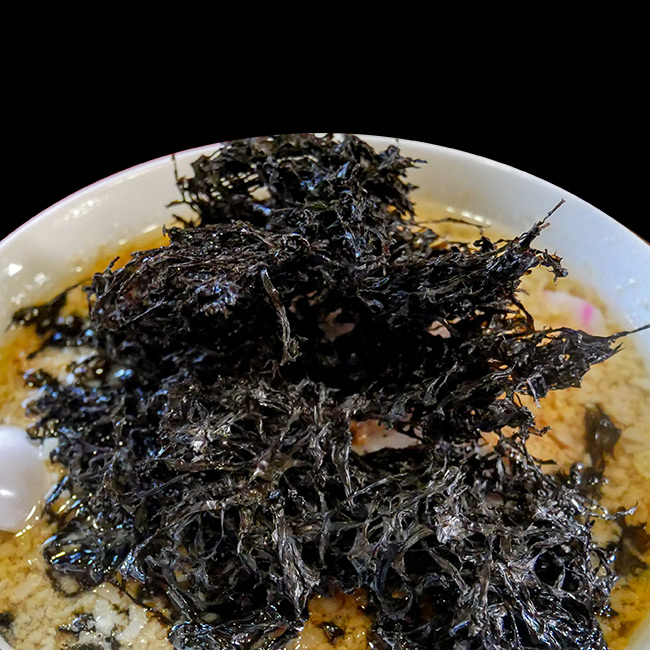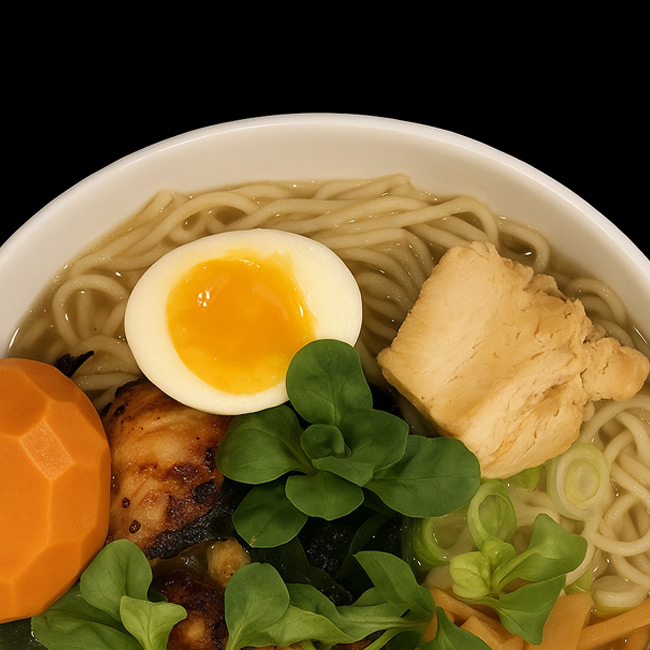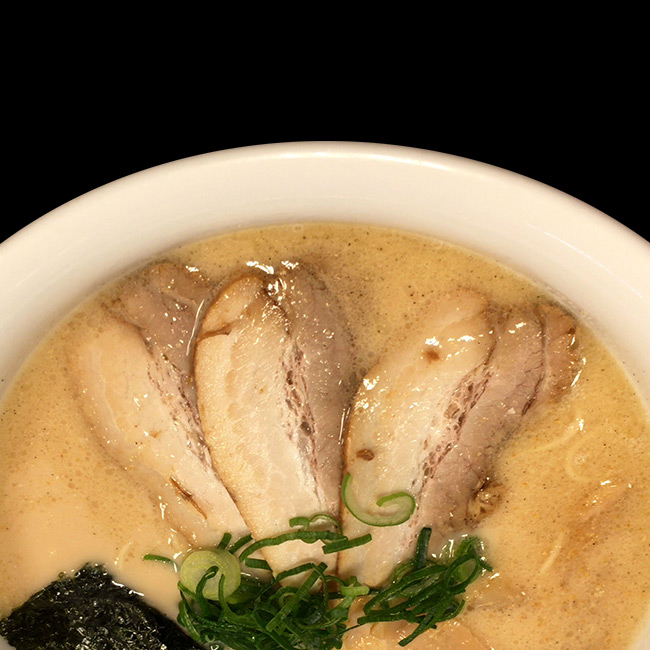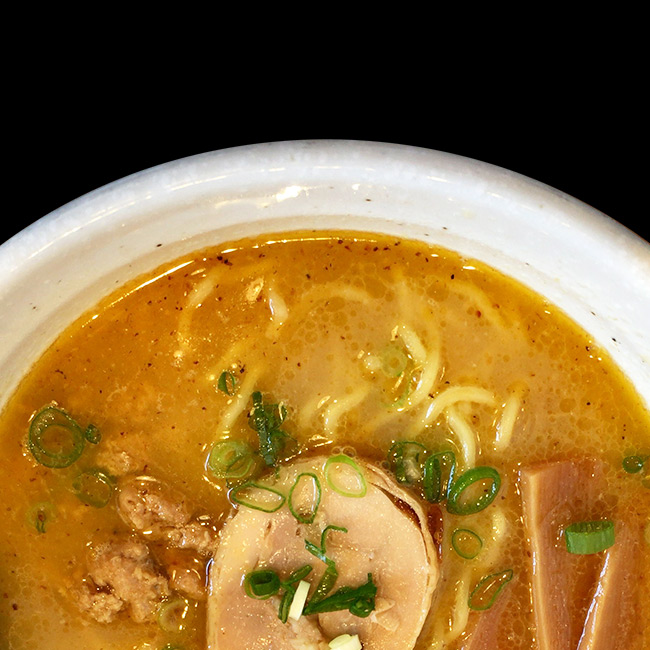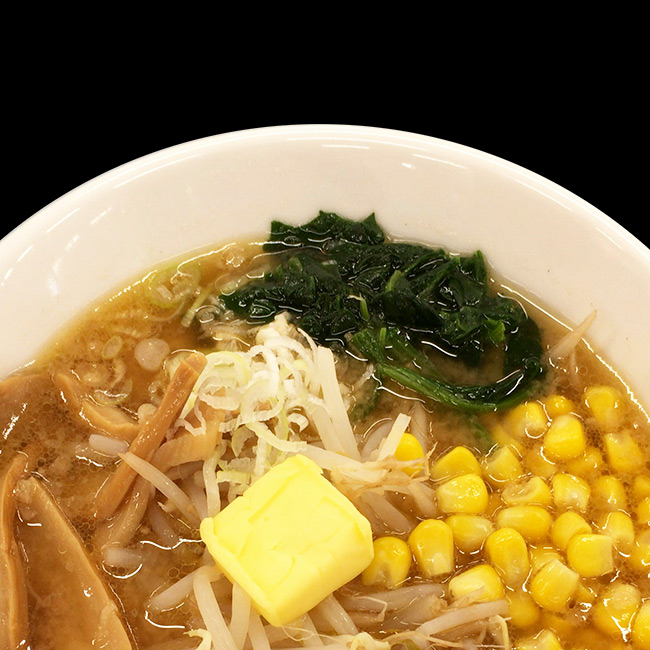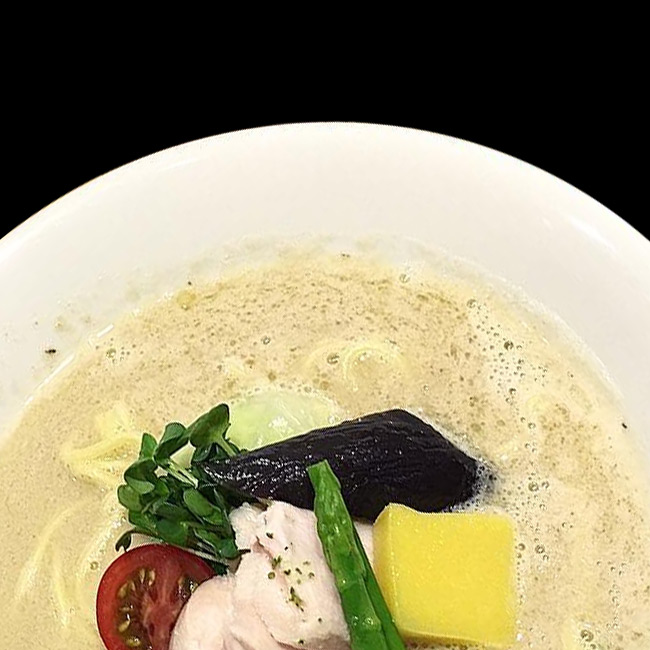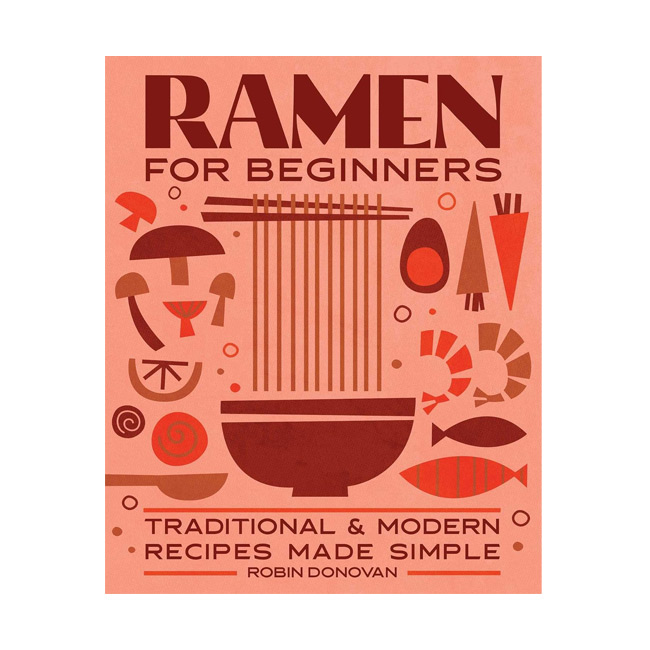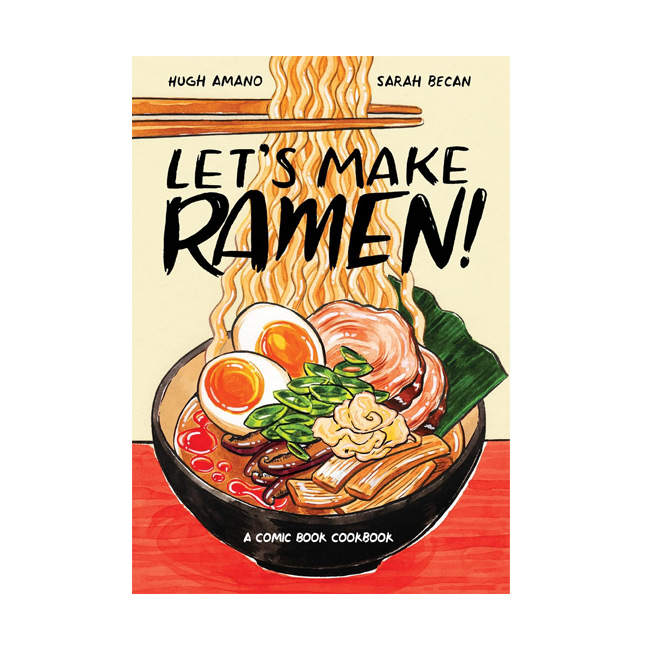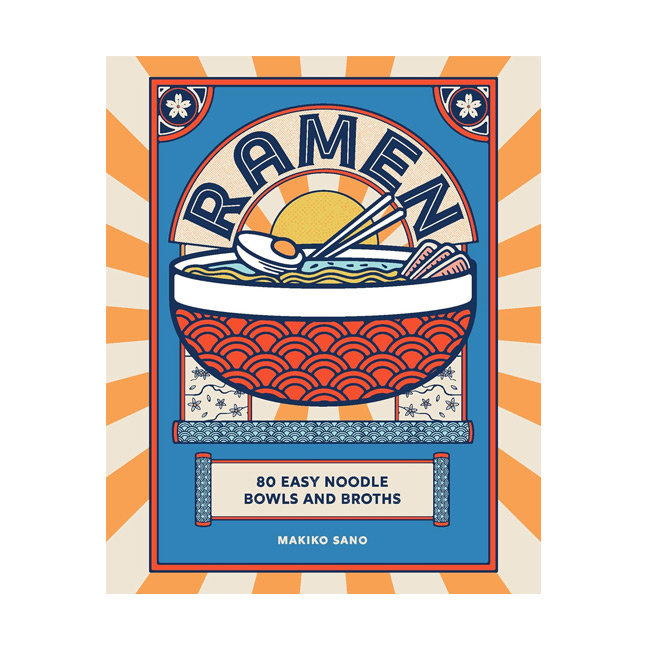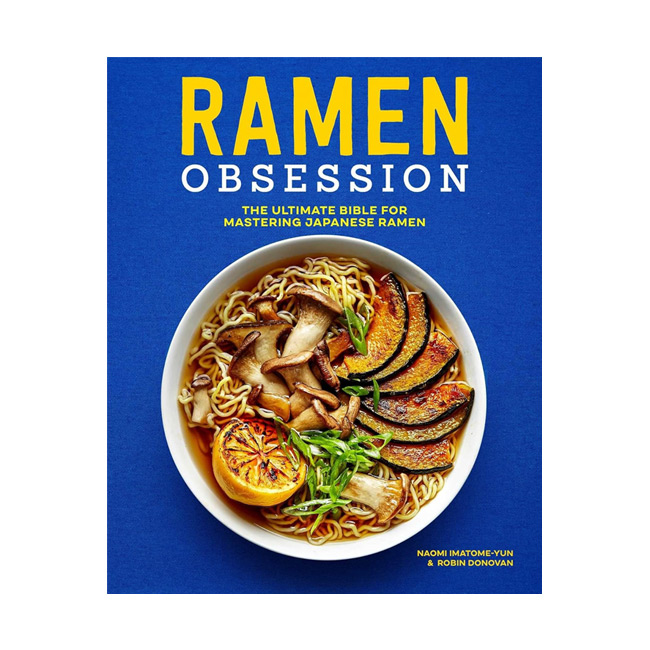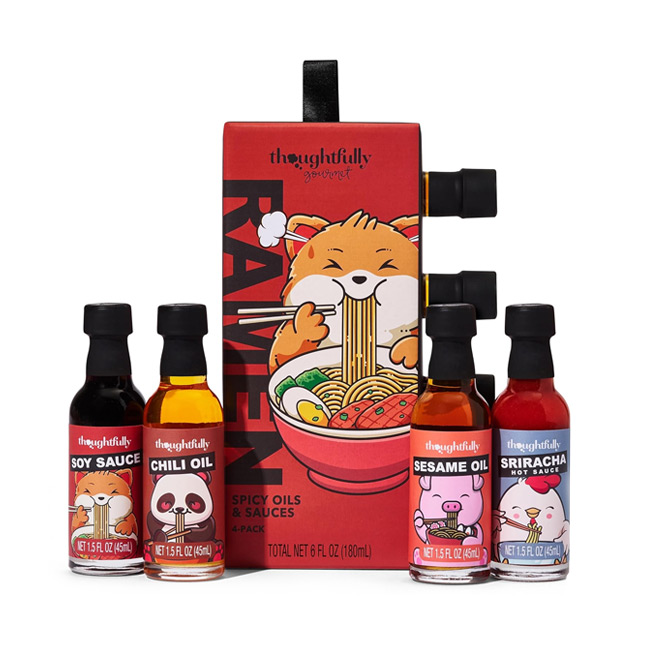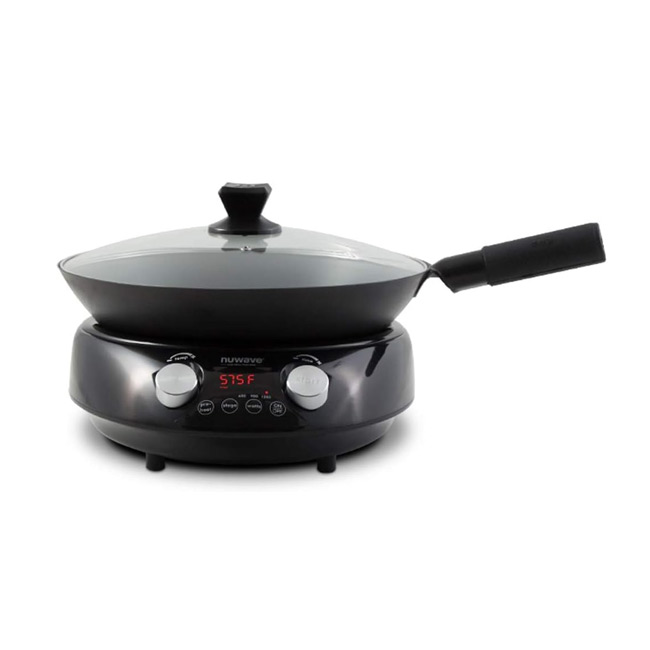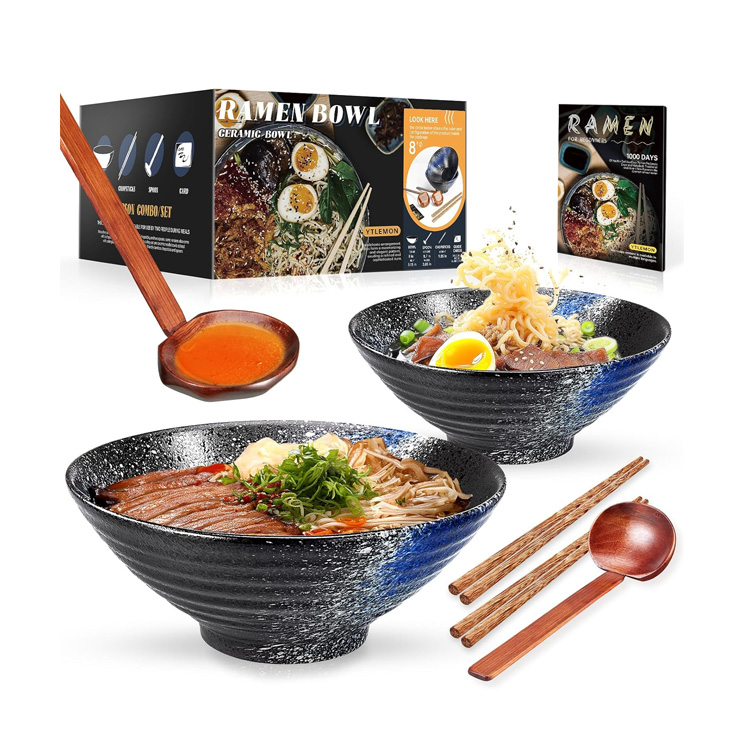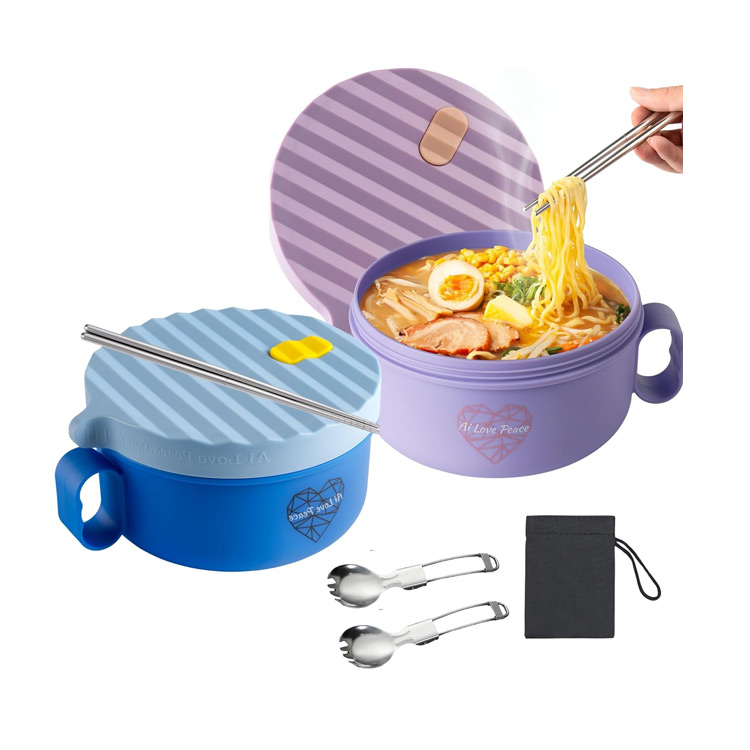Kombu, a type of kelp, is an essential ingredient in many ramen broths, known for its ability to impart a deep umami flavor. This seaweed is rich in glutamic acid, which naturally enhances the savory taste of the broth. Kombu is typically used in the initial stages of broth preparation, where it is simmered to extract its flavors before being removed.
Its subtle, oceanic taste provides a foundational layer of complexity, making it a popular choice in various ramen styles. Kombu not only adds depth to the broth but also contributes valuable minerals and nutrients, promoting a well-rounded and satisfying ramen experience
History
Kombu has been a staple in Japanese cuisine for centuries, primarily used in dashi, a fundamental soup stock in Japanese cooking. Its introduction into ramen can be traced back to the early 20th century, as ramen evolved and integrated traditional Japanese ingredients to enhance its flavor profile.
The use of kombu in ramen broths became particularly prevalent as chefs sought to create more nuanced and umami-rich broths without relying solely on meat-based ingredients. Over time, kombu has remained a crucial component in many ramen recipes, reflecting the Japanese culinary philosophy of balancing flavors and utilizing natural ingredients.
Usage and Selection
To use kombu in ramen, it is typically soaked in water and then simmered gently to release its flavors. The soaking process, known as “mizudashi,” helps to soften the kombu and extract its umami compounds without boiling, which can make the broth bitter.
When selecting kombu, look for thick, dark green pieces with a white powdery coating, indicating high quality and a rich flavor. Avoid kombu that appears too dark or lacks the white coating, as it may not provide the desired umami depth. Adding kombu early in the broth-making process and removing it before it reaches a boil ensures a clean, pure flavor.
Kelp Broth and Ramen
Ramen varieties that use kelp (kombu) broth are celebrated for their deep umami flavor and lighter, clear broth. Notable types include shoyu ramen, where kombu is combined with soy sauce for a savory depth; shio ramen, which features a delicate, salty broth enhanced by kombu’s natural flavor; miso ramen, where kombu adds complexity to the rich, fermented miso base; and vegetarian/vegan ramen, where kombu provides essential umami in a meat-free broth.

Shoyu Ramen
Shoyu ramen uses a clear and salty soy sauce broth and is considered fairly balanced, with many comforting flavors.
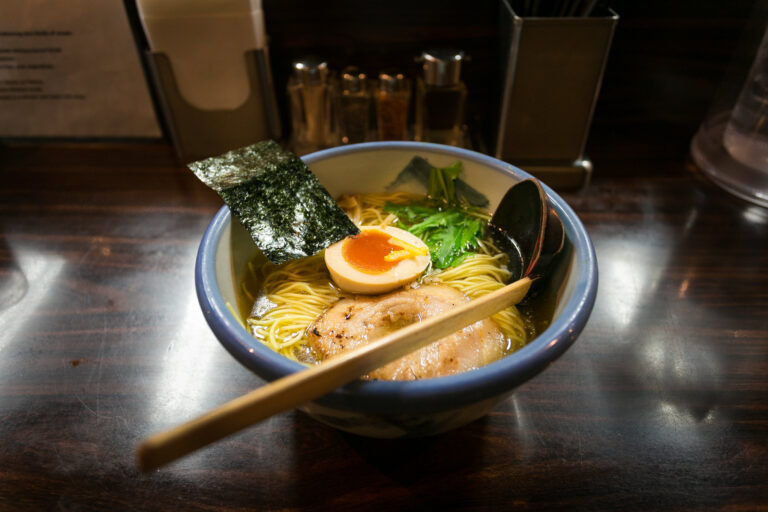
Shio Ramen
Shio Ramen is based on chicken broth. Its main seasoning is salt, and its toppings are usually a refreshing mix of seafood and veggies.
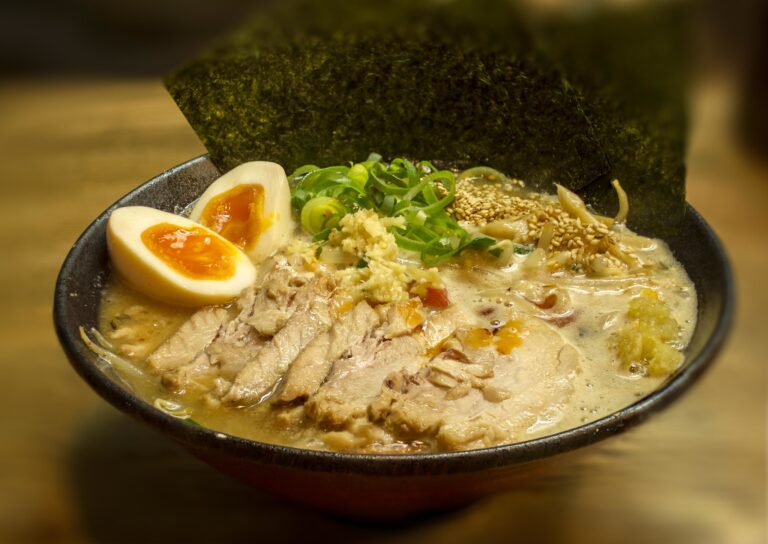
Miso Ramen
Miso Ramen originates from Hokkaido and features a robust miso-based broth, as well as ground pork, corn, and a blend of savory toppings.
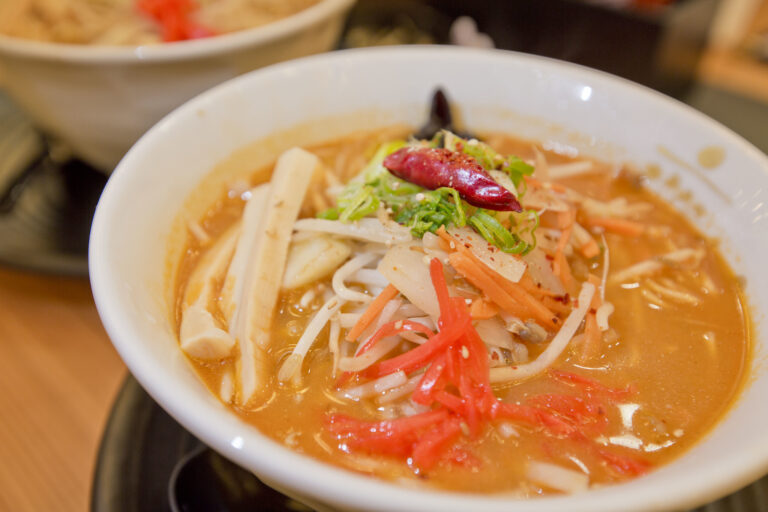
Vegan Ramen
Vegan ramen (or plant-based ramen) is often made with fresh and dried mushrooms, garlic, ginger, mirin, and miso paste.

